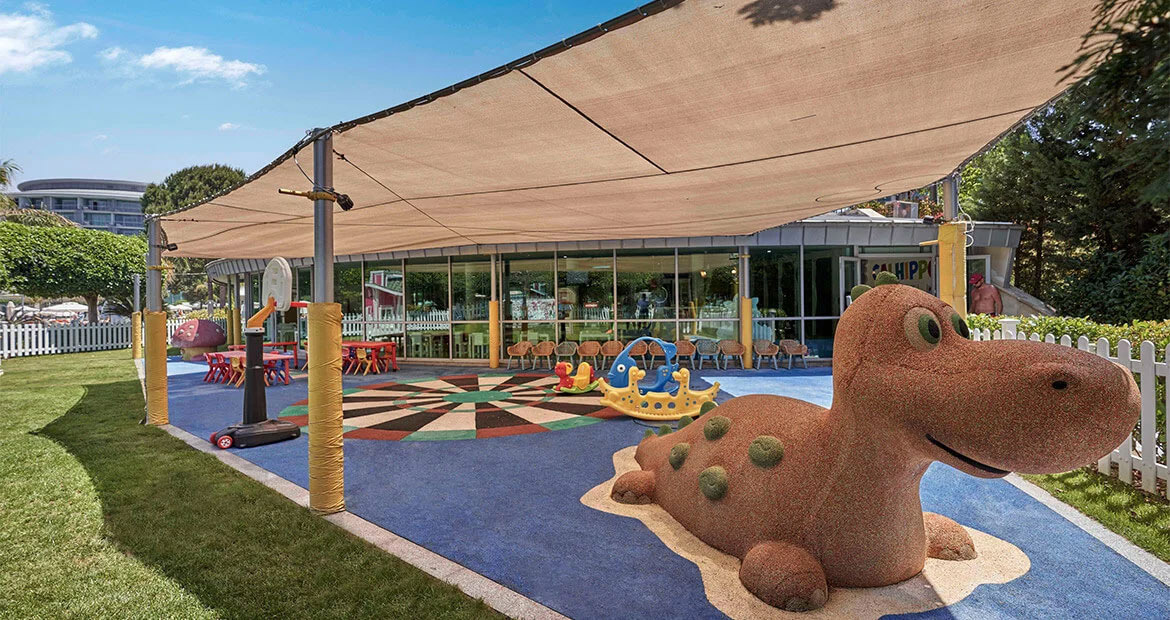Social skills, which are an extremely important element in child development, are child activities that are also related to other elements of the development process. Therefore, experts recommend doing activities that support the development of social skills for cognitive and emotional development.
The Role Of Parents in Acquiring Social Skills

Parents play an important role in helping children acquire social skills. The child begins to learn by studying and imitating his parents, the people he sees most often in his life. Therefore, parents need to be role models for their children. The parent should act knowing that the child is observing herself/himself at all times and internalizing the parent's behavior and words.
You can hold a mirror to your child to guide the child's behavior healthily. It is a big mistake to think that children do not understand certain things at a young age. From the moment of birth, the child can clearly understand everything around him, even though she/he cannot speak and express herself/himself fully. Therefore, you should avoid attitudes that may harm the development process.
Inconsistent behavior of parents is one of the main factors hindering the development process. Sometimes the inconsistency between the two parents and sometimes the inconsistency of a parent hurts the development of the child's social abilities. It is extremely important for parents to be consistent and have clear attitudes.
In addition, it is necessary to create space for the child for the development of social skills. Playing various games with the child generally provides the formation of many skills such as empathy, patience, and waiting in line. Game selections should align with the purpose and support the development process.
Children's asking questions and learning to listen are the most important social skills. Asking questions allows the conversation to progress and allows individuals to get to know each other. The ability to listen allows for interpersonal bonding. Answering the child's questions correctly and listening to what they have to say helps develop these abilities.
Benefits of Child Activities for Child Development

Children's activities are very important in the development process not only for entertainment but also because of the physical, social, cognitive, and emotional benefits they provide.
Activities help the child use fine and gross motor skills. Physical children's activities, which should be taken care of for muscle and bone development, also help children's energy to be thrown out.
Activities that strengthen memory enable the child to establish cause-effect relationships and to approach critically. Children's games, which develop analytical intelligence by increasing creativity, help abstract thinking. These types of games, which provide a conceptualization of objects, enable different parts of the brain to be activated.
Children's activities that aid emotional development allow the child to identify emotions. The child, whose self-confidence develops over time, learns to express himself and his feelings.
Social skills are of great importance, especially with school age. For the child to socialize smoothly and safely, it is necessary to help the development of his abilities. A child who can make friends with his peers by being included in social groups turns into a self-confident adult.
Activities greatly affect the child's communication skills. The child's ability to express himself develops when he spends time in the same environment with his peers and has to communicate. The child, who learns to obey the social rules in this way, gradually becomes a part of the society by moving away from egocentric thoughts.
The age of 3, when children begin to develop in different ways and discover that they are individuals, is ideal for starting children's activities. From the age of 3 onwards, all the games played by the child contribute to the development of the child at a high rate. The cognitive development of children, whose motor skills and linguistic development progress, also accelerates.
The fact that children can get to know their environment and themselves in the best way before school age has a positive effect on their education life. Children's games consisting of fun activities are extremely important for the development of many skills. Playing allows children to develop various aspects of their interests and explore their interests at an early age.
It is the most important duty of parents to ensure that children participate in various activities by directing them according to their ages in the process from infancy to adolescence.























